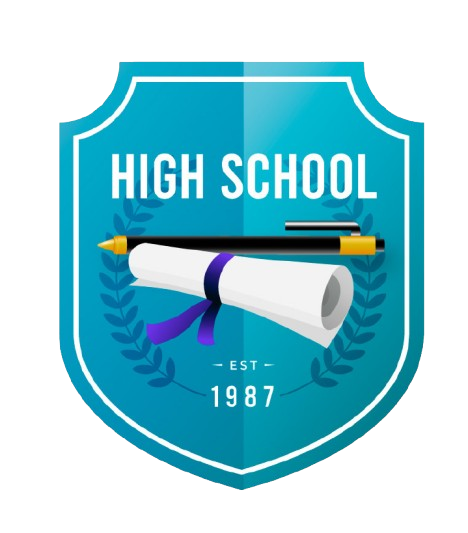SELF-STUDY REPORT (SSR)
[Education Trust Name] / [Society Name], [College Name] of Teacher Education
UGC & NCTE Approved
1. Institutional Vision and Mission
Vision:
To become a center of excellence in teacher education by fostering academic rigor, critical thinking, and professional ethics in aspiring educators.
Mission:
- To provide quality education that prepares skilled and reflective teachers.
- To promote inclusive practices, innovative teaching methods, and lifelong learning.
- To instill values of integrity, equity, and social responsibility.
2. Introduction of the Institution
- Name of the College: [College Name]
- Affiliation: [University Name]
- Approval: Approved by UGC and NCTE
- Year of Establishment: [Year]
- Management: [Trust/Society Name]
- Type: Self-Financed / Government / Aided (Specify)
- Courses Offered: B.Ed., M.Ed., D.El.Ed., etc.
- Location: [City, State]
Key Highlights:
- State-of-the-art infrastructure including smart classrooms, well-equipped laboratories, and resource centers.
- Qualified and experienced faculty with diverse specializations.
- Robust community engagement and extension activities.
3. Criterion-Wise Analysis
Criterion I: Curricular Aspects
- Adoption of the Choice-Based Credit System (CBCS) as per university guidelines.
- Integration of contemporary pedagogical practices in teacher training.
- Regular curriculum updates aligned with NCTE and NEP 2020 guidelines.
Criterion II: Teaching-Learning and Evaluation
- Student-centric teaching methods like flipped classrooms, collaborative learning, and ICT tools.
- Continuous Internal Evaluation (CIE) and semester-end assessments.
- Faculty Development Programs to enhance teaching effectiveness.
Criterion III: Research, Innovations, and Extensions
- Faculty involvement in research projects and publications.
- Organization of seminars, workshops, and conferences on education-related themes.
- Collaboration with schools for internship programs and action research projects.
Criterion IV: Infrastructure and Learning Resources
- Campus equipped with library, digital resources, and Wi-Fi facilities.
- Dedicated laboratories for psychology, science education, and technology in education.
- Hostel and transportation facilities for students.
Criterion V: Student Support and Progression
- Scholarship programs for economically disadvantaged and meritorious students.
- Placement cell to ensure employment opportunities for graduates.
- Alumni network to foster continuous engagement and mentorship.
Criterion VI: Governance, Leadership, and Management
- Transparent governance practices ensuring accountability.
- Regular staff meetings and feedback mechanisms for effective decision-making.
- Active participation of faculty in institutional development committees.
Criterion VII: Institutional Values and Best Practices
- Environmentally sustainable practices like rainwater harvesting and green campus initiatives.
- Emphasis on gender equity and empowerment programs.
- Best Practices:
- Micro-Teaching Clinics: Personalized mentoring for trainee teachers.
- Community Outreach Programs: Literacy drives, health camps, and environmental awareness campaigns.
4. Key Achievements and Accreditations
- NCTE Accreditation for maintaining high standards in teacher education.
- Recognition by UGC under [Section].
- Consistent placement records and alumni success stories.
5. Future Plans
- Introduction of new courses like M.Phil. and Ph.D. in Education.
- Enhancing digital learning through Learning Management Systems (LMS).
- Expanding collaborations with national and international institutions.

